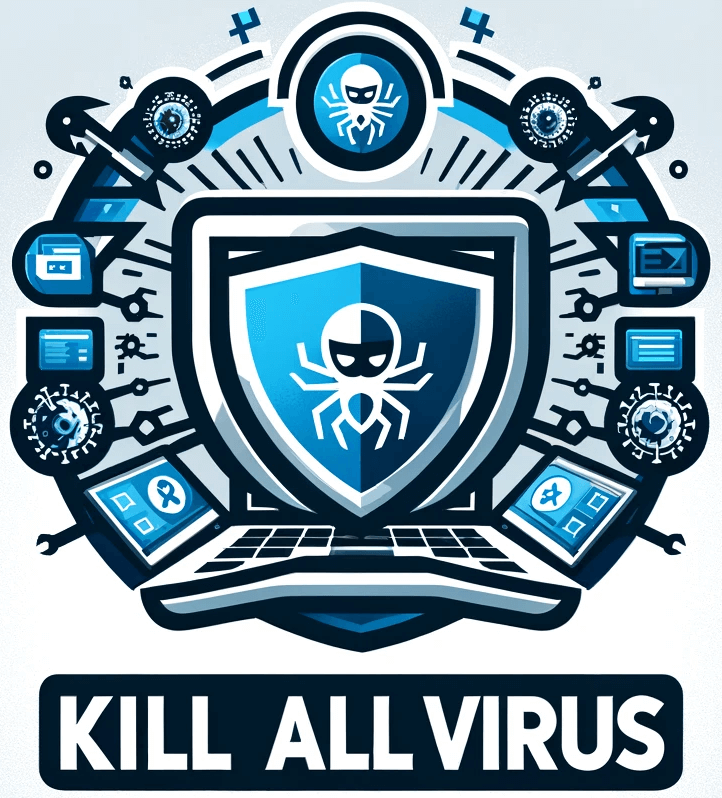As a small business website owner, ensuring the security of your website should be a top priority. One of the most effective ways to maintain website security is by conducting regular malware scans. In this informative blog post, we will explore the reasons why regular website malware scans are crucial and provide recommendations for implementing a regular scanning routine.
The Risks of Not Scanning for Malware
Website malware can pose significant risks to your business. Here are some potential consequences of not scanning for malware:
- Data Breaches: Malicious actors can exploit vulnerabilities in your website to gain unauthorized access to sensitive information, such as customer data or financial records. This can lead to serious legal and financial repercussions.
- Reputational Damage: If your website is hacked and used to distribute malware or engage in fraudulent activities, it can severely damage your brand’s reputation. Customers may lose trust in your business, resulting in a loss of credibility and potential revenue.
- Website Performance Issues: Malware can significantly degrade your website’s performance, causing it to load slowly or become unresponsive. This can frustrate visitors and drive them away, impacting your user experience and conversion rates.
- Search Engine Penalties: Search engines prioritize user safety, and if your website is infected with malware, it may be flagged and penalized in search results. This can lead to a drop in organic traffic and visibility.
Implementing a Regular Scanning Routine
Now that we understand the risks, let’s explore how you can implement a regular scanning routine to protect your website:
- Choose a Reliable Malware Scanner: There are several reputable malware scanners available, both free and paid. Research different options and select a scanner that suits your specific needs. Look for features such as real-time scanning, automatic updates, and comprehensive malware detection.
- Set up Regular Scanning Schedules: Determine how frequently you should scan your website based on factors such as website traffic, content updates, and the nature of your business. It is generally recommended to scan at least once a week, but high-traffic or e-commerce websites may require more frequent scans.
- Scan the Entire Website: Ensure that the scanning process covers all aspects of your website, including files, databases, and plugins. Malware can hide in various places, so a thorough scan is essential for detecting any potential threats.
- Review Scan Reports: After each scan, carefully review the scan reports to identify any detected malware or vulnerabilities. Take immediate action to remove or quarantine any infected files and address any security issues identified.
- Keep Software and Plugins Updated: Outdated software and plugins can create security vulnerabilities, making it easier for hackers to exploit your website. Regularly update all software components to the latest versions and remove any unused or unnecessary plugins.
- Implement Strong Passwords and User Permissions: Enforce strong passwords for all user accounts and limit access privileges to minimize the risk of unauthorized access. Regularly review and update user permissions as needed.
- Backup Your Website: Regularly backup your website to a secure location. In the event of a malware attack or other security incident, having a recent backup can help you quickly restore your website to a clean state.
By implementing these practices and conducting regular website malware scans, you can significantly enhance the security of your small business website. Protecting your website from malware is an ongoing process, and staying proactive is essential to safeguard your business and maintain the trust of your customers.
